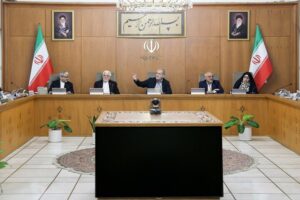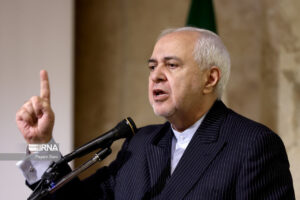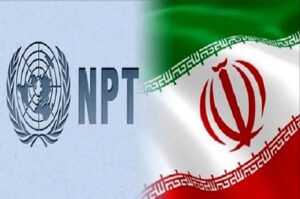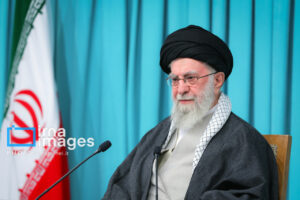According to the Persian edition of ISNA, as Israel launched recent strikes against Iran, officials in Tel Aviv claimed Tehran was rapidly approaching a “point of no return” in its nuclear program, insisting that the attacks were necessary to prevent Iran from acquiring a nuclear bomb. However, assessments from U.S. intelligence agencies—Israel’s primary military, political, and financial backer—paint a different picture.
Four sources familiar with U.S. intelligence briefings told CNN that Iran is not actively pursuing a nuclear weapon and remains at least three years away from being able to produce a deliverable nuclear bomb.
Following several days of intensive Israeli airstrikes, U.S. intelligence officials now believe that these attacks have delayed Iran’s nuclear program by only a few months at most. According to one U.S. official, while the Natanz enrichment facility—where Iran’s centrifuges are located—may have sustained some damage, the Fordow facility, which is significantly more fortified, remains intact.
Defense experts note that Israel likely lacks the capability to significantly damage Fordow. Brett McGurk, a former senior diplomat in the Trump and Biden administrations and a CNN analyst, stated that Israel alone cannot halt Iran’s nuclear program through military means, emphasizing that political solutions such as a renewed agreement are more viable.
While U.S. civilian intelligence agencies maintain that Iran is not accelerating its nuclear weapons development, the U.S. military’s Central Command (CENTCOM) has taken a more cautious stance. According to sources, prior to Israel’s strikes, CENTCOM had issued a more pessimistic assessment, suggesting that Iran could acquire a nuclear weapon more quickly if it chose to proceed aggressively.
In recent weeks, senior U.S. military leaders, including CENTCOM Commander General Michael Kurilla, have requested additional resources to support Israeli defense—but stressed that these requests pertain strictly to defensive measures and not offensive operations.
CNN reports that although Washington and Tel Aviv share a wide range of intelligence on Iran’s nuclear activities, they often diverge in interpreting this data. Tulsi Gabbard, former Director of National Intelligence under President Trump, testified before Congress in March that the U.S. intelligence community still believes Iran is not pursuing a nuclear weapon.
Nevertheless, Israeli Prime Minister Benjamin Netanyahu claimed in a Fox News interview on Sunday that he had evidence of a covert Iranian plan to weaponize uranium and that Tehran was quickly moving toward producing a bomb—a claim dismissed by many experts as unfounded.







